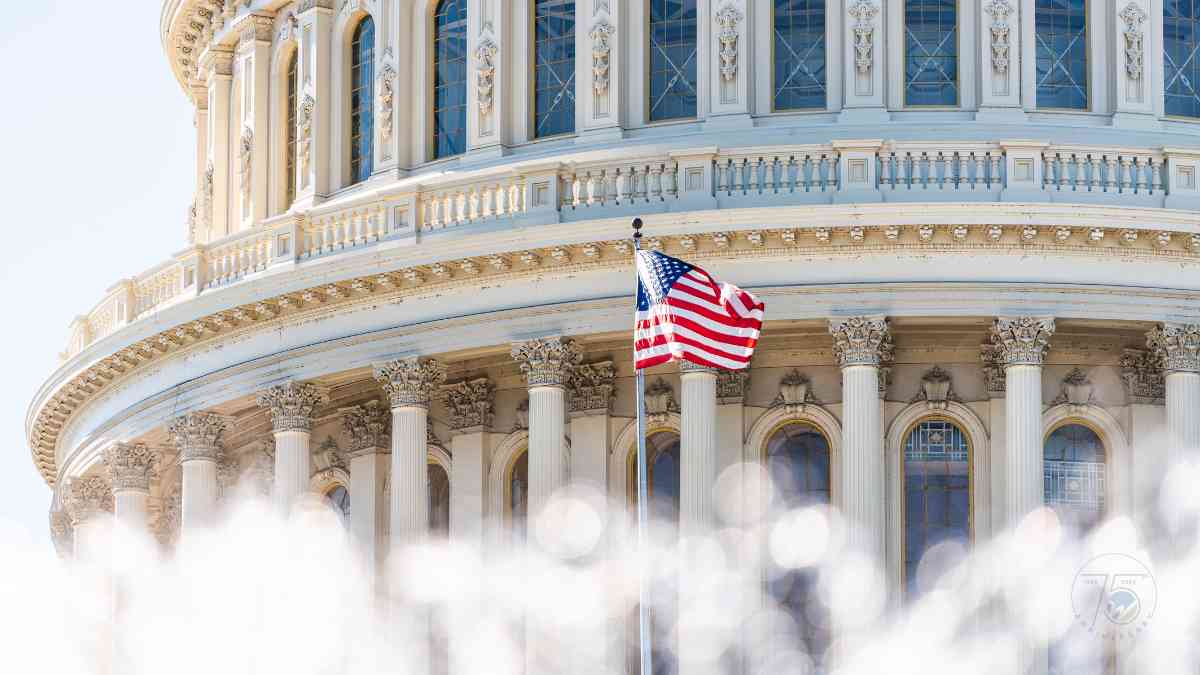On March 18, there was a new law passed called the Families First Coronavirus Response Act (H.R. 6201). This Act has several impacts on employers. We have highlighted two major changes that impact employers in the short term. The first is new legislation in relation to paid leave and the second is penalty and interest waiver on federal income tax. We are expecting more legislation and clarifications in the near future.
Paid Sick Leave
There is new legislation on “paid sick leave” that may impact many employers significantly. This is temporary legislation that will officially begin on April 1, 2020 and extends through December 31, 2020. This is applicable only if employees are not able to work; note: employees working from home do not qualify. This new law requires all employers with less than 500 employees to provide paid sick leave to employees under several different circumstances:
- Employees who are required to stay home due to quarantining
- Employees who are caring for a family member or caring for a child if school or day care is closed.
- The employee is experiencing any other substantially similar condition specified by the Secretary of Health and Human Services in consultation with the Secretary of the Treasury and the Secretary of Labor
- Employee is on leave because they are subject to federal, state, or local quarantine or isolation related to COVID-19
- Employee has been advised by a health care provider or self-quarantined due to COVID-19 concerns.
- Employee has symptoms of COVID-19 and is seeking medical diagnosis for COVID-19.
Employers will receive a refundable credit against their share of FICA tax (social security tax). Social security tax is 6.2% of an employee’s wages (on first $137,700 of wages). The credit is claimed on the quarterly payroll tax Form 941.
The credit is increased to $511/day if an employee is on leave for numbers 4-6 listed above (and capped at a total of $5,110). For scenarios 1 – 3 list above, eligible employees will receive paid sick leave at two-thirds of their regular rate, except that in no event shall the amount paid exceed $200 per day and $2,000 total.
Here are some of the qualifications and details for qualifying employees to be paid for sick leave:
- Includes part-time and full-time employees.
- The hours paid to employees are based upon the hours that employees are normally scheduled to work.
- The total hours of paid sick leave and the payroll tax credit is limited to 10 days of wages. Full-time employee’s benefits are limited to 80 hours.
This legislation is new and interpretations and examples will likely become more available over time.
On March 26, 2020, the Department of Labor (DOL) added some additional guidance to this legislation. The DOL has the authority to issue regulations exempting businesses with fewer than 50 employees when the requirements would jeopardize the viability of the business. Some initial guidance has indicated that the DOL may only apply this exemption to child-care related paid leave.
Income Tax Payments deferred to July 15
The second part of the Family’s First Corona Virus Response Act that applies to paying income taxes due from 2019. The IRS has also allowed an automatic extension of filing until July 15, 2020. This is currently for federal income tax only, it is likely states will follow. The IRS will not be assessing any late payment interest or penalties to individuals or corporations for paying tax up until July 15, 2020. The waiver applies to individual taxpayers owing up to $1 million in taxes and corporations owing up to $10 million in taxes. Ex: Individual owes $50,000 of federal income tax from 2019. The individual will not be penalized or have any interest added to the balance as long as they pay the amount due by July 15, 2020. More legislation is expected to come for estimated tax payments for 2020 as well as state responses to this legislation.
Please contact your Wegner CPAs tax professional for answers to your specific questions.
Stay tuned
Subscribe to our email list to receive new updates as they are posted.




